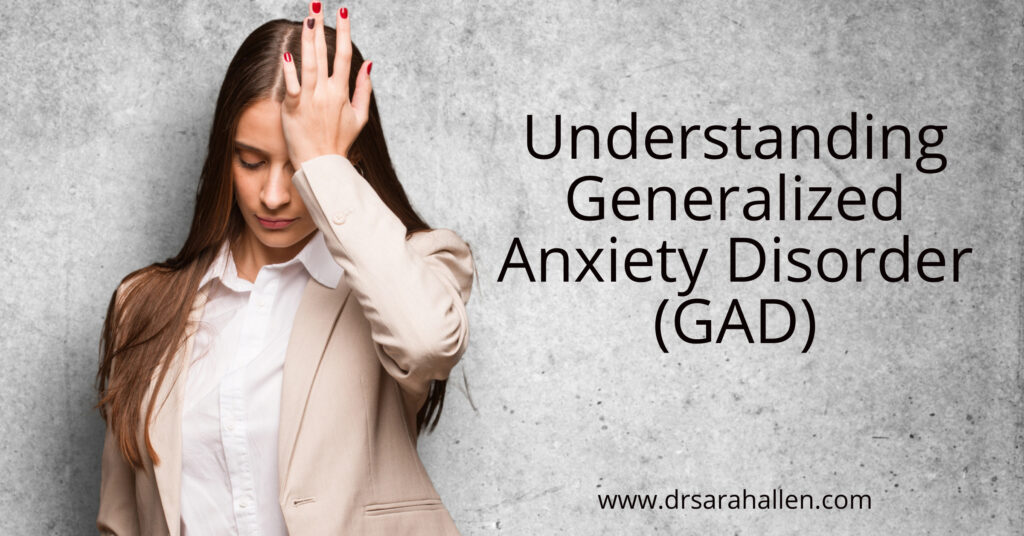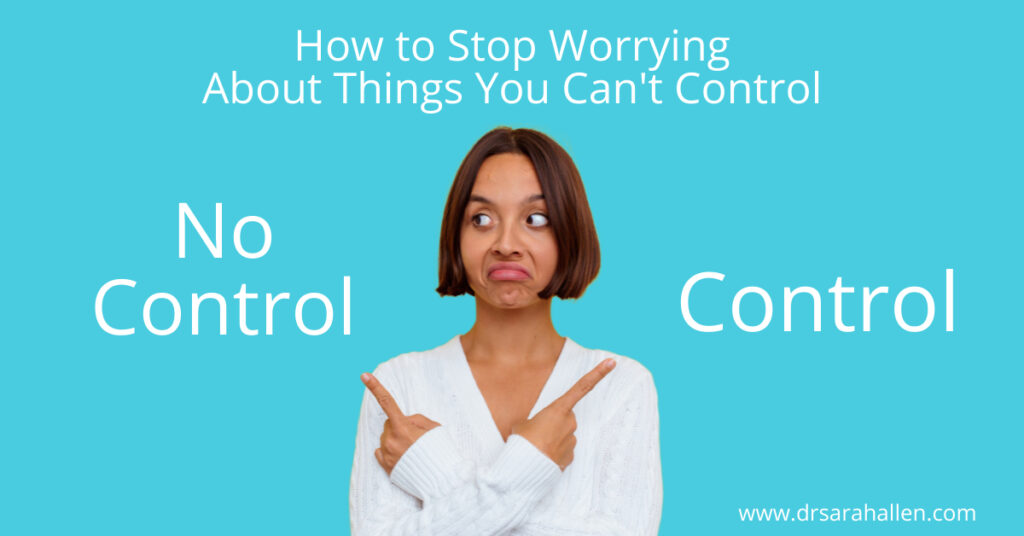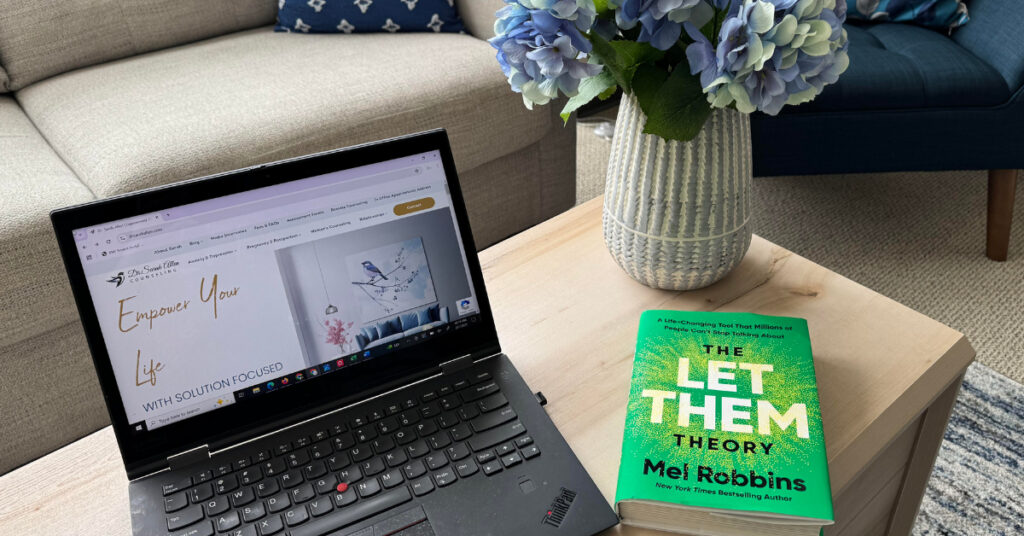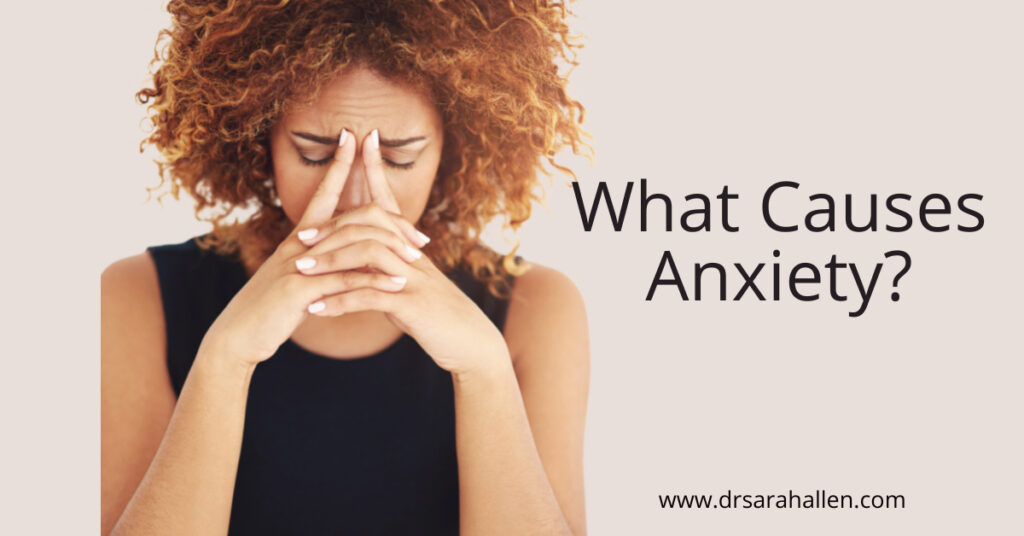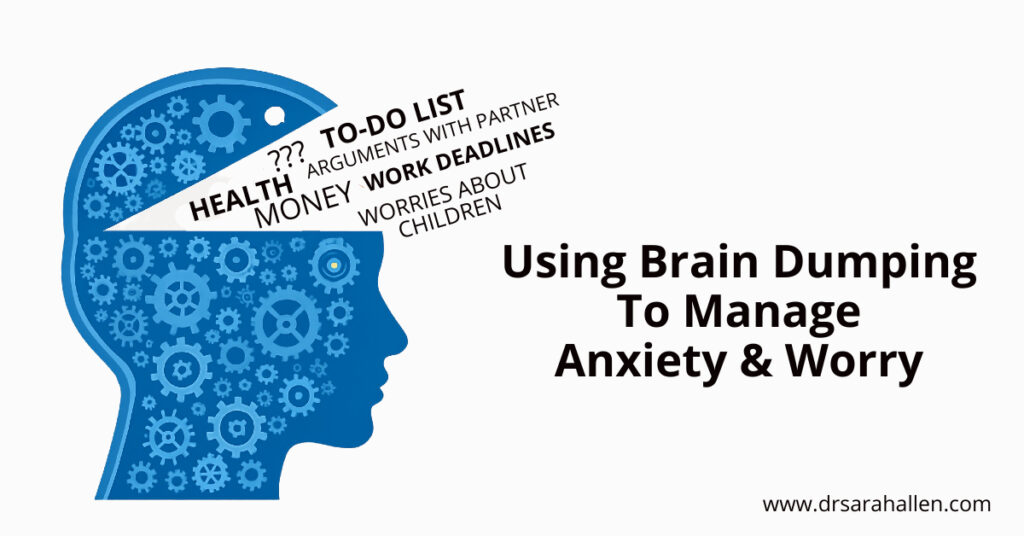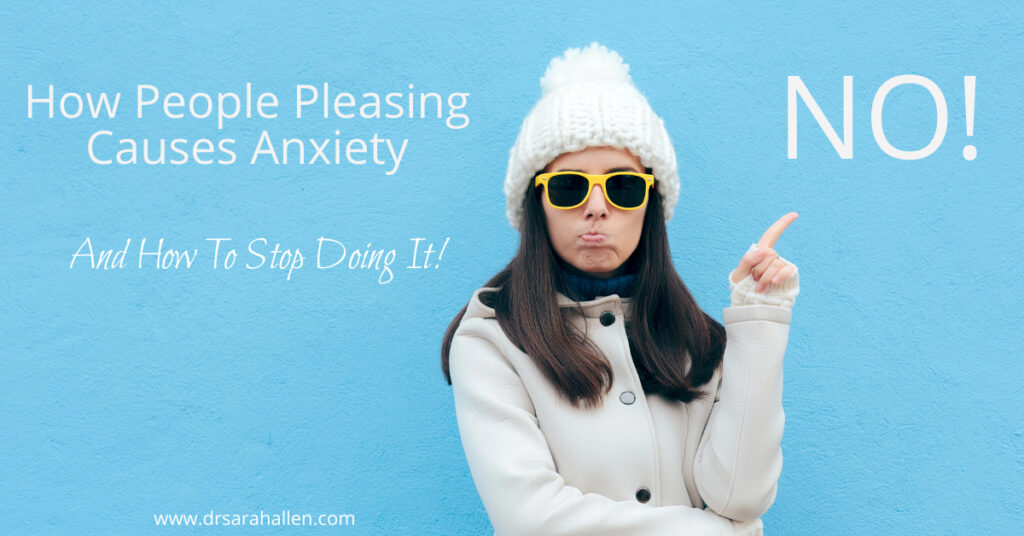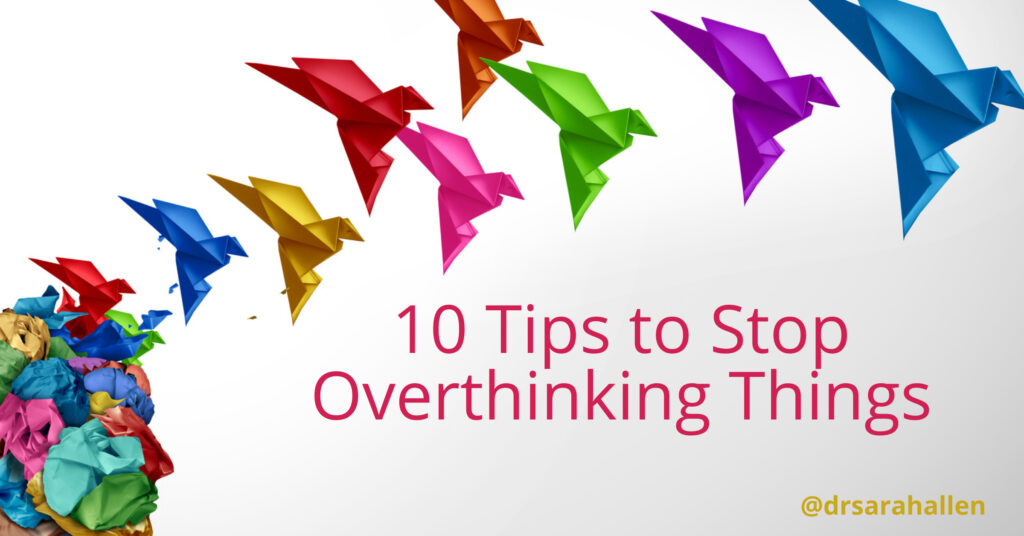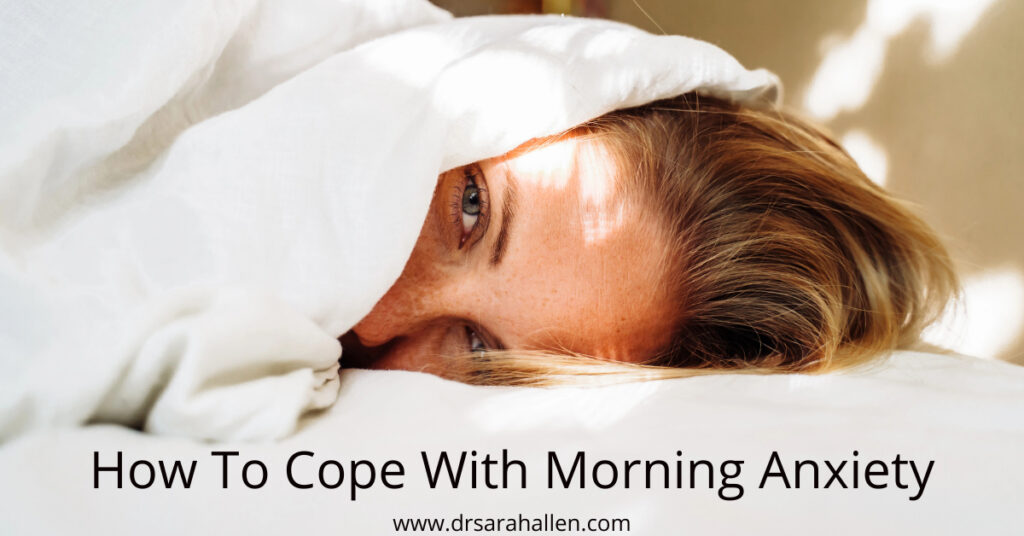
Morning anxiety is a feeling of dread or fear that occurs soon after waking up. It can make getting out of bed feel like an impossible task. As an anxiety therapist in Chicago, I know that many people experience this type of anxiety—it’s more common than you might think. Symptoms can include a fast heartbeat, a pit in your stomach, and a sense of impending doom or panic. These feelings can be overwhelming, especially when you have a busy day ahead.
I always feel that knowledge and understanding about why something happens can help you manage it better, so I have written this article to explain symptoms, why morning anxiety occurs and then some tips that can be helpful to reduce it.
Sometimes this type of anxiety is caused by thinking about the day’s responsibilities or past worries. Often it involves anticipatory anxiety about how you are going to cope. For parents, getting kids ready for school while preparing for your own job can be quite stressful. Even if you have a less busy schedule, the simple thought of starting a new day can trigger anxiety for some.
Managing morning anxiety effectively can improve your overall well-being and make your mornings smoother. Through my work with clients over the past couple of decades, I’ve learned a lot about what works and what doesn’t when it comes to coping with anxiety. Whether you have a hectic day ahead or not, there are strategies to help you start your day on the right foot.
Understanding Morning Anxiety: Symptoms and Prevalence
Morning anxiety can manifest in various ways. Common symptoms include a racing heart, shortness of breath, sweating, and a tight feeling in the chest or a ball of tension in your gut. Some people experience headaches or an upset stomach. Mentally, it can make you feel nervous, worried, or overburdened. You might feel panicky or dread facing the day’s tasks.
The 2024 results of the American Psychiatric Association’s annual mental health poll show that U.S. adults are feeling increasingly anxious. In 2024, 43% of adults say they feel more anxious than they did the previous year, up from 37% in 2023 and 32% in 2022. People are anxious about their relationships with family, friends and co-workers, their children’s well-being, their own health, finances and work issues. More and more people are worried about politics and the state of the country and the world. I find that those quiet times at night and upon waking are when my clients report worrying the most. This article discusses How To Manage Anxiety At Night and I also find that the quiet of the early morning can also make your mind race with thoughts about the day ahead.
Understanding and recognizing these symptoms can help you take the first steps toward managing morning anxiety. I find that acknowledging these feelings is a key part of addressing them. Awareness can empower you to take control and find effective coping strategies.
Why Anxiety Happens in the Morning
Several factors contribute to morning anxiety. Cortisol levels are naturally higher in the morning, which can make you feel more anxious. This hormone helps you wake up and get moving but can be overwhelming if you’re already prone to anxiety. The pressures of the day ahead, especially work or family responsibilities, can also trigger anxiety.

To find out more about the physical components of anxiety read Anxiety, The Brain & How Therapy Helps.
Another common cause is poor sleep. Waking up after a restless night can leave you feeling drained and more susceptible to anxious thoughts. Additionally, mornings often come with deadlines and schedules, which can heighten stress. For parents, getting kids ready for school while preparing for the day can be particularly stressful.
Paying attention to and recognizing your personal triggers allows you to implement strategies to reduce anxiety, making mornings less daunting. Knowing why anxiety happens can also ease the worry about the anxiety itself, creating a more manageable start to your day.

You may be feeling anxious in the morning because you did not get enough sleep. Read The Relationship Between Sleep & Anxiety.
Techniques to Reduce Morning Anxiety on Busy Mornings
If your mornings are filled with getting kids ready and preparing for work, it’s important to have quick and effective strategies to reduce anxiety. One helpful way is to establish a consistent morning routine. Having a predictable schedule can reduce the stress of the unknown and make mornings smoother.
If you wake up and your mind starts racing, or your heart is beating fast, start your day with a deep breathing exercise before you even get out of bed. Even a couple of minutes of deep breaths can reduce the adrenaline that fuels anxiety and calm your mind and body. You can also try to wake up a bit earlier to give yourself extra time. This can prevent the rushed feeling that often triggers anxiety.
Making a to-do list the night before can also help. Write down everything you need to accomplish in the morning. This will clear your mind and give you a roadmap for the day. Delegate some tasks if possible. If your kids are old enough, involve them in the morning routine to share the load.
Overwhelming To-Do Lists, Brain Dumping & The Eisenhower Matrix – Below is an extract from my article Using Brain Dumping To Manage Anxiety & Worry
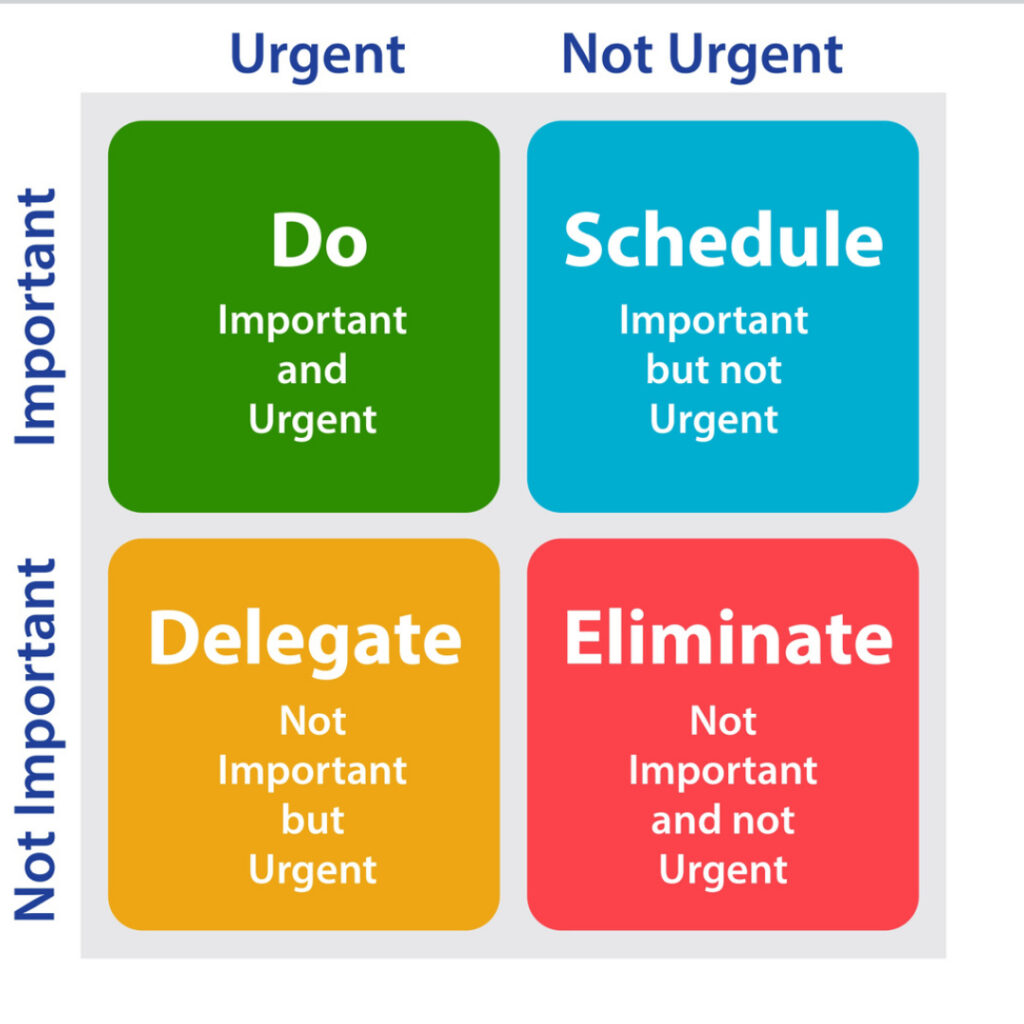
Grab a piece of paper and without any structure, just write down everything you are thinking you need to do. Don’t be overwhelmed by the length of the list.
Next draw 4 squares. prioritize tasks based on urgency and importance, so you can focus on what really matters without getting lost in the chaos.
We are going to organize your to-do list by divide tasks into four quadrants: urgent and important (do immediately), not urgent but important (schedule), urgent but not important (delegate), and not urgent and not important (eliminate or minimize). Take all the things you dumped out of your brain and place each one in the quadrant where it belongs.
This is called the Eisenhower Matrix and it helps you prioritize tasks based on their urgency and importance, guiding you to focus on what truly matters.
Relaxing Morning Routines for When You Have More Time
On mornings when you have more time, you can engage in activities that promote relaxation and well-being. If you have children, switch off with your partner so that one day of the weekend you take turns with who gets up with the kids and who gets some time to themself. Even if you are nursing, your partner can bring you the baby and then change and engage with them while you stay in bed afterwards to get some time for yourself.
Spend some time doing something you love. Whether it’s reading a book, taking a walk, or practicing yoga, engaging in activities that bring you joy can alleviate anxiety. Journaling is another great option. Write about your feelings, goals, or things you are grateful for. This helps redirect your focus from stress to positivity.
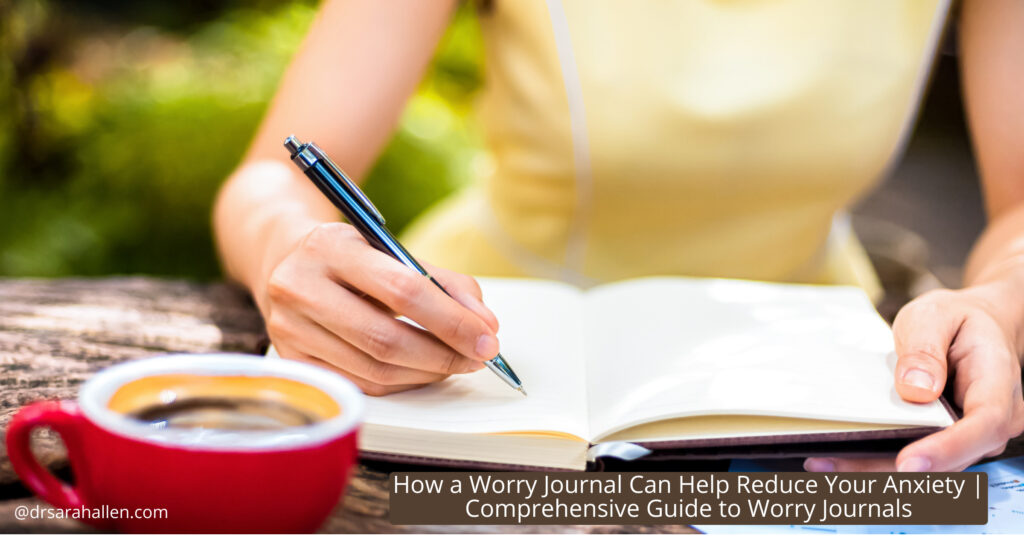
Journaling to reduce anxiety can be done in the morning, or evening. For more information about how a worry journal works and different types of journaling read Discover How a Worry Journal Can Help Reduce Your Anxiety
Four Effective Tips to Ease Morning Anxiety
I personally love lists so I have come up with some quick steps make mornings feel less overwhelming, especially if you’re juggling the demands of parenting, work, and personal responsibilities. If anxiety seems to greet you the moment your alarm rings, know that you’re not alone—and there are ways to start your day with calm and confidence. Here are four effective tips to help ease morning anxiety and set the tone for a more balanced day.
1. Limit Stressors
Starting your day with unnecessary stress can amplify anxiety. Planning ahead can reduce avoidable morning chaos.
Actionable Steps
- Prepare the night before by organizing what you’ll need in the morning. Lay out your clothes, pack lunches, and check off to-dos.
- Keep a simple morning routine. The fewer decisions you need to make, the smoother the start to your day.
- Avoid immediately checking emails or news that might add unnecessary stress.
2. Make Mornings Predictable
Anxiety often worsens when life feels unpredictable. While many situations are beyond your control, focusing on areas you can manage helps build confidence and reduce worry.
Actionable Steps
- Create a small daily morning ritual, such as enjoying a warm cup of tea or coffee before starting your tasks.
- Practice time-blocking to allocate moments for self-care and responsibilities.
- Use a to-do list to prioritize essential tasks instead of trying to accomplish everything at once.
3. Exercise
Exercise is a proven way to lower anxiety, and it doesn’t need to be hours at the gym. Even five to ten minutes of movement in the morning can make a noticeable difference.
Actionable Steps
- Try a quick yoga flow, morning stretch, or brisk walk around the block to get your blood flowing.
- Dance to an upbeat playlist while preparing breakfast. Not only does it lift your mood, but it sets a positive tone for the day!
- If time permits, explore exercise apps or short workout videos designed to target stress relief.
4. Practice Mindfulness
Mindfulness helps you anchor your thoughts in the present moment, reducing overthinking and worry about what’s ahead.
Actionable Steps
- Spend five minutes practicing deep breathing. For instance, try inhaling for four counts, holding for four, and exhaling for six.
- Start a gratitude habit by jotting down one to three things you’re thankful for each morning.
- Consider guided meditation apps like Calm or Headspace to help you effectively begin your day.
Take the First Step Towards a Calmer Morning
Morning anxiety may feel overwhelming, but by incorporating these tips, little by little, and notice how they shape your mornings into a calmer, more controlled start to your day. By incorporating small, intentional changes you can make a big difference.
If anxiety is becoming too much to handle on your own, we can come up with an individualized plan that looks at your personal stressors and develops coping strategies. Working with an experienced therapist such as myself can provide you with the tools and strategies you need to manage anxiety more effectively.
For personalized anxiety (or one of the other issues I treat) treatment, contact me, Dr. Sarah Allen. I see clients in my office in Northbrook, a North Shore Chicago suburb, or virtually across IL, FL and the UK.

If you have any questions, or would like to set up an appointment to work with me and learn how to reduce anxiety, please contact me at 847 791-7722 or on the form below.
If you would like to read more about me and my areas of specialty, please visit Dr. Sarah Allen Bio.
Dr. Allen’s professional license only allows her to work with clients who live in IL & FL & the UK and unfortunately does not allow her to give personalized advice via email to people who are not her clients.
Dr. Allen sees clients in person in her Northbrook, IL office or remotely via video or phone.

What Can I Read That Helps Me While I Am Waiting For My First Appointment With Sarah?
Download this free booklet to gain valuable insights and practical strategies for managing anxiety and worrying.






